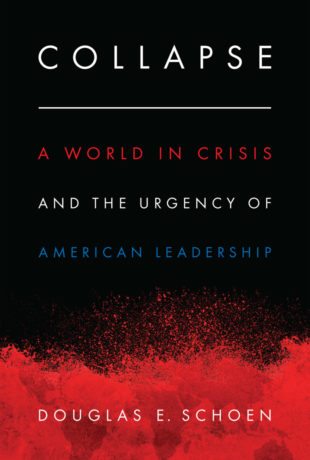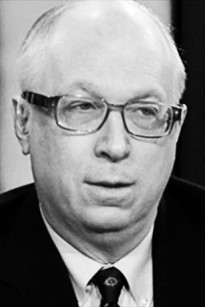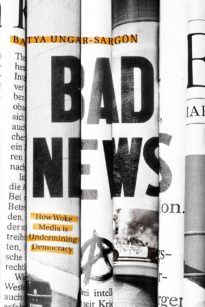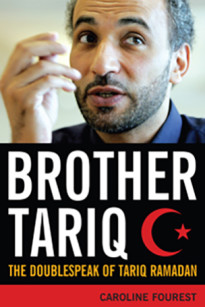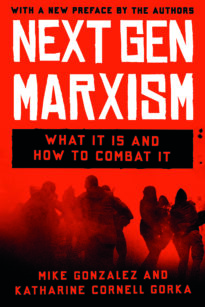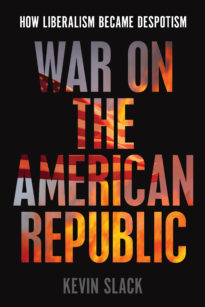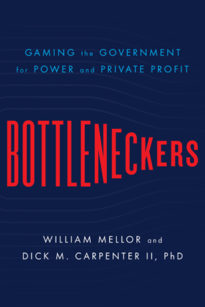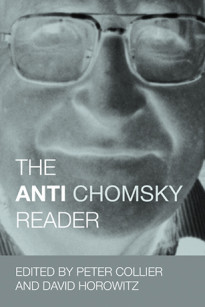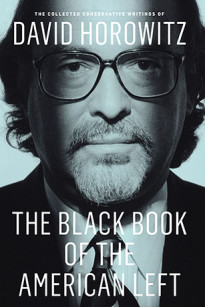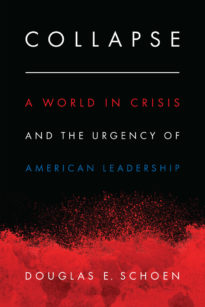Never in modern Western history has there been a moment when entrenched institutions are weaker, less trusted, and more subject to volatile public movements than now. What I call the collapse of institutional legitimacy is wholesale and broad-based, and it has run on remarkably parallel tracks in the United States and in Europe. (These will be our focus for this chapter; later chapters will explore the state of things in other parts of the world.)
“Pick an adjective to describe the current political mood—angry, anxious, populist—and one thing about the descriptor is certain: It will fit the atmosphere on both sides of the Atlantic equally well,” wrote Gerald Seib in the Wall Street Journal in January 2016, just as the United States presidential election season was about to begin in earnest. “Political trends in Europe and the U.S. often move in synchronization, and rarely has that been more true than right now. In both places, the political establishment is shaking, fringe actors are moving to center stage, parties are changing face and voters appear to be tearing themselves loose from their traditional moorings.”
Driving the popular mood, then and now, is contempt for elites. The public has grown increasingly disgusted with elite institutions, especially government but also business and the media. This collapse of institutional trust is a phenomenon of the mass public—the kinds of people who voted for Brexit or for Trump—but not of the elites themselves, who, surveys show, continue to hold government and other leading institutions in high esteem. And why wouldn’t they? They run these institutions. The gap between the general public and its leaders—call them governing elites, the political class, or what you will—is considerable, and it generally reflects an even deeper gap: that between haves and have-nots. In more than two-thirds of the countries surveyed in the 2018 Edelman Trust barometer, the general population did not trust mainstream institutions to do what is right.
“If you’ve got money, you vote in,” a pro-Brexit voter told the Guardian. “If you haven’t got money, you vote out.” And this attitude extends far beyond Great Britain. “We are now observing the inequality of trust around the world,” said Richard Edelman, president and CEO of Edelman Research, in 2016. “This brings a number of potential consequences including the rise of populist politicians, the blocking of innovation and the onset of protectionism and nativism.”
The United States and Western Europe have always had income inequality; in free societies, massive gaps in income between society’s wealthiest individuals and its poorest are inevitable and, to a certain extent, desirable: they reflect mobility and the opportunity for advancement. But the wealth disparities are wider now, in many places, than they have been in many years; and in those earlier periods, leading institutions were broadly able to maintain the confidence and trust of citizens—even poor citizens. Now such confidence and trust have been shattered, and not just among the poor but across a broad swath of the middle class as well.
Where did this collapse in institutional legitimacy originate? It is ultimately the result of two decades of elite decision-making—in economics, finance, politics, and war and peace—that have failed, and failed repeatedly, to deliver positive results for the vast majority. In the mid-1990s, for example, the United States, Mexico, and Canada entered into the North American Free Trade Agreement. Critics and economists still say that NAFTA has brought substantial benefits, especially to the United States, but today the average American middle-class worker doesn’t feel that way. A quarter-century after its adoption, NAFTA has become one of the most detested trade agreements in history. Contempt for NAFTA colored public views of the Trans-Pacific Partnership (TPP), which President Obama championed in vain—Congress refused to authorize it and President Trump formally killed it during his first week in office.
